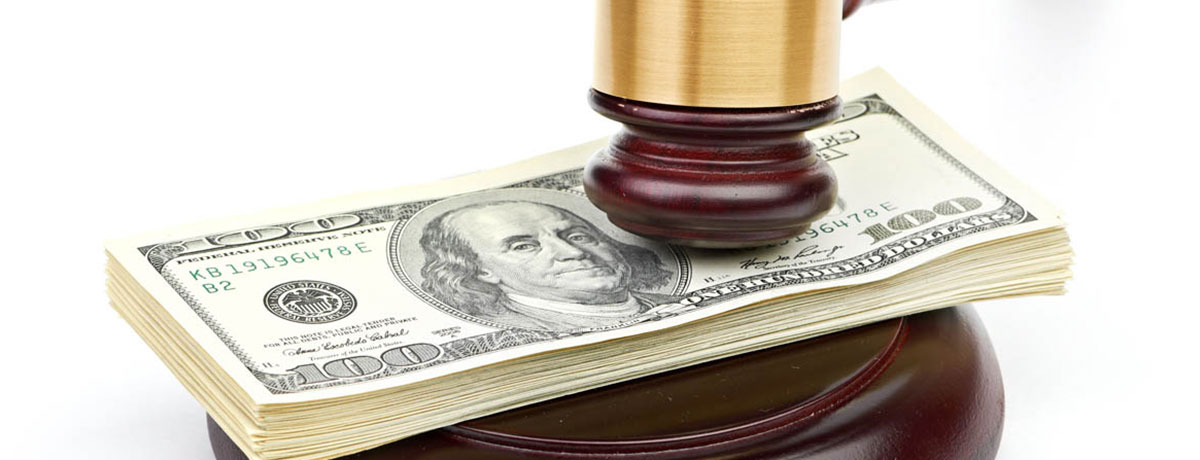Background
The Equal Access to Justice Act (EAJA) was designed to level the playing field in legal disputes between private citizens and the Federal government. EAJA allows plaintiffs to recover attorney fees and other costs from the federal government when they prevail in a case against the government. Scholarly research and government reviews have found major problems with EAJA, with the Notre Dame Journal of Legislation finding that EAJA allows:
- The routine evasion of the statutory cap on attorneys’ fees in a large number of cases;
- Abusive litigation engaged in by massive 501(c)(3) organizations not subject to the caps; and
- Incentive for the government to settle costs disputes, as well as the related ability to turn losing cases into fee-award cases by artful settlement.
When the Government Accountability Office was asked to determine USDA and the Department of Interior’s payments of attorney fees under EAJA from 2000 to 2010, they found that there was “no way to readily determine who made claims, the total amount each department paid or awarded in attorney fees, who received the payments, or the statutes under which the cases were brought for the claims”.
In fact, the plaintiff need not even win the case — the government also reimburses plaintiffs who settle out of court. Some activist organizations have aggressively used the Citizen Suit provisions of various environmental laws, such as the Endangered Species Act, and then claimed legal expenses for these efforts under the EAJA. In the last four years alone, the Federal government has helped pay the legal expenses of plaintiffs in more than 570 cases relating to the Endangered Species Act alone, according to data provided to the House of Representatives.
The EAJA was amended in 1995 to remove a requirement that the Federal government track the payments made to plaintiff’s lawyers. For more than a decade and a half, there has been no systematic effort to track who receives payments under EAJA.
Legislation was introduced in the 112th Congress that would:

